Fats often get a bad reputation, but they’re an essential part of a balanced diet. As a registered dietitian, I’m here to explain the role of healthy fats, where to find them, and how to include them in your meals to support your overall health.
Heathy Fats
Fat is one of the three macronutrients, alongside carbohydrates and protein, that the body needs to function. It provides energy, supports cell growth, protects your organs, and helps your body absorb key vitamins like A, D, E, and K.
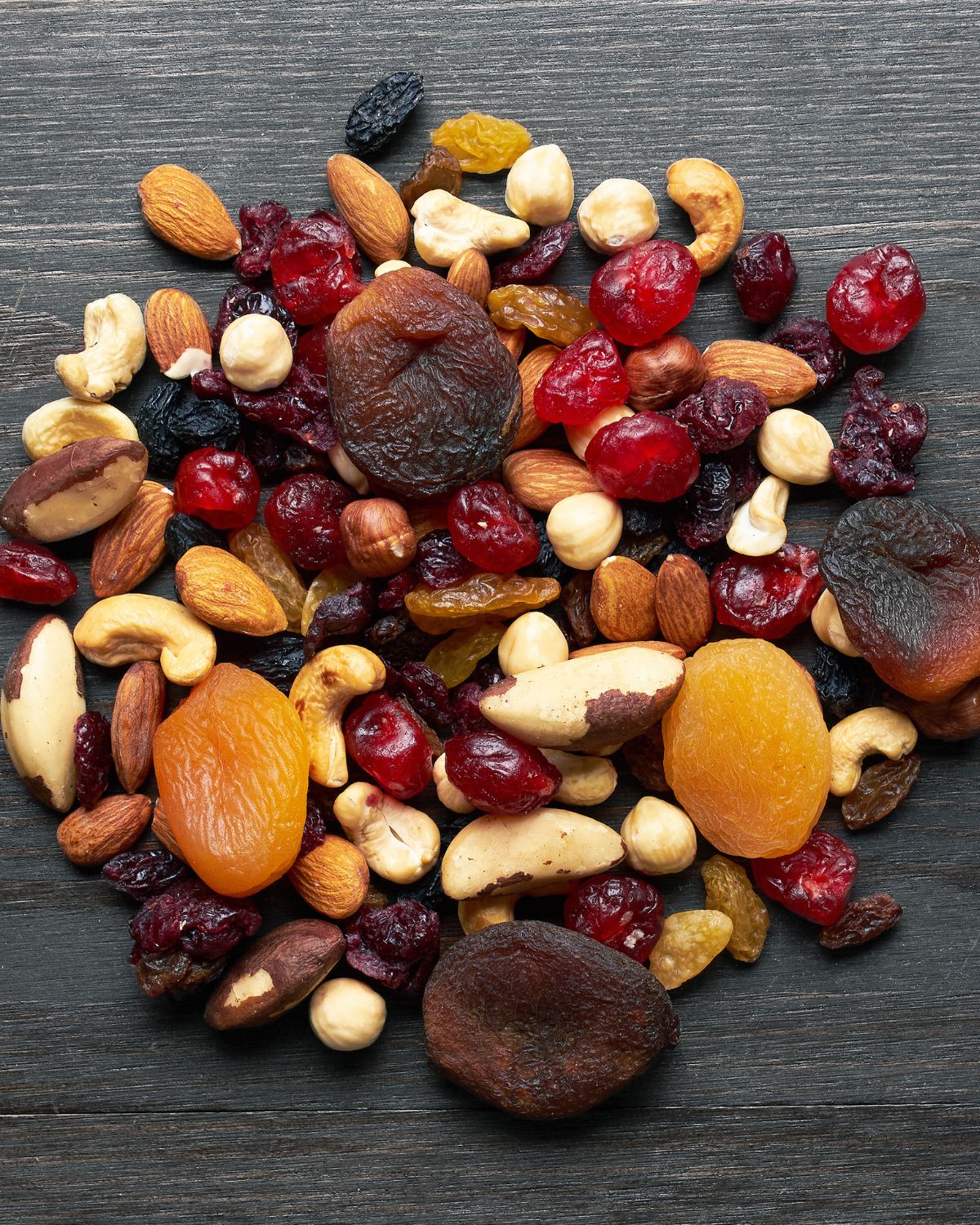

Types of Fats
Not all fats are created equal. Here’s a breakdown of the different types:
Healthy Fats
These fats are beneficial to your health when eaten in moderation.
- Unsaturated Fats: Help improve heart health and support overall wellness.
- Monounsaturated Fats (MUFAs): Found in foods like olive oil, avocados, and nuts.
- Polyunsaturated Fats (PUFAs): Include omega-3 and omega-6 fatty acids, found in fatty fish, walnuts, chia seeds, and flaxseeds.
- Omega-3 Fatty Acids: A type of PUFA particularly beneficial for brain health, reducing inflammation, and supporting heart health. Found in Salmon, mackerel, sardines, flaxseeds, walnuts.
Unhealthy Fats
These fats should be limited or avoided when possible
- Trans Fats: Found in some processed and fried foods; they increase bad cholesterol (LDL) and lower good cholesterol (HDL).
- Excess Saturated Fats: Found in butter, red meat, and full-fat dairy; best consumed in moderation.
Why Are Healthy Fats Important?
Healthy fats are essential for numerous bodily functions. Here’s how they contribute:
- Support Heart Health: Unsaturated fats help lower bad cholesterol (LDL) levels and reduce the risk of heart disease.
- Boost Brain Function: Omega-3s are vital for brain health, improving memory, and reducing the risk of cognitive decline.
- Provide Long-Lasting Energy: Fats are a concentrated source of energy, keeping you fueled throughout the day.
- Aid in Nutrient Absorption: Certain vitamins (A, D, E, and K) are fat-soluble, meaning they need fat to be absorbed effectively by your body.
- Reduce Inflammation: Omega-3s can help reduce inflammation, which is linked to chronic diseases like arthritis and heart disease.
How Much Fat Do You Need?
Fat intake should account for 20–35% of your daily calories. Focus on unsaturated fats while limiting saturated and trans fats.
Sources of Healthy Fats
Incorporate a variety of healthy fats into your diet from these sources:
- Plant-Based: Olive oil, avocado, nuts (almonds, walnuts), seeds (chia, flax).
- Animal-Based: Fatty fish (salmon, tuna, mackerel), eggs.
- Other: Dark chocolate (in moderation), nut butters (choose those without added sugars).
Easy Ways to Add Healthy Fats to Your Diet
- Cook with Healthy Oils: Swap butter for olive oil or avocado oil when sautéing or baking.
- Snacking: Try a handful of almonds, a slice of avocado toast, or a trail mix with seeds.
- Upgrade Your Meals: Add avocado to salads, sprinkle chia or flaxseeds into smoothies, or include salmon in your weekly meal plan.
- Experiment with Nut Butters: Use natural peanut butter or almond butter as a spread or dip.
FAQ's
Healthy fats, like unsaturated fats, support brain health, hormone production, and heart health.
Foods rich in healthy fats include avocados, nuts, seeds, fatty fish, olive oil, and nut butters.
No, healthy fats are essential for your body, but limit trans fats and consume saturated fats in moderation.
The Bottom Line
Healthy fats are an essential part of a nutritious diet, supporting heart and brain health, reducing inflammation, and providing lasting energy.
By choosing the right types of fats and incorporating them into your meals, you’ll take a big step toward better health and well-being.


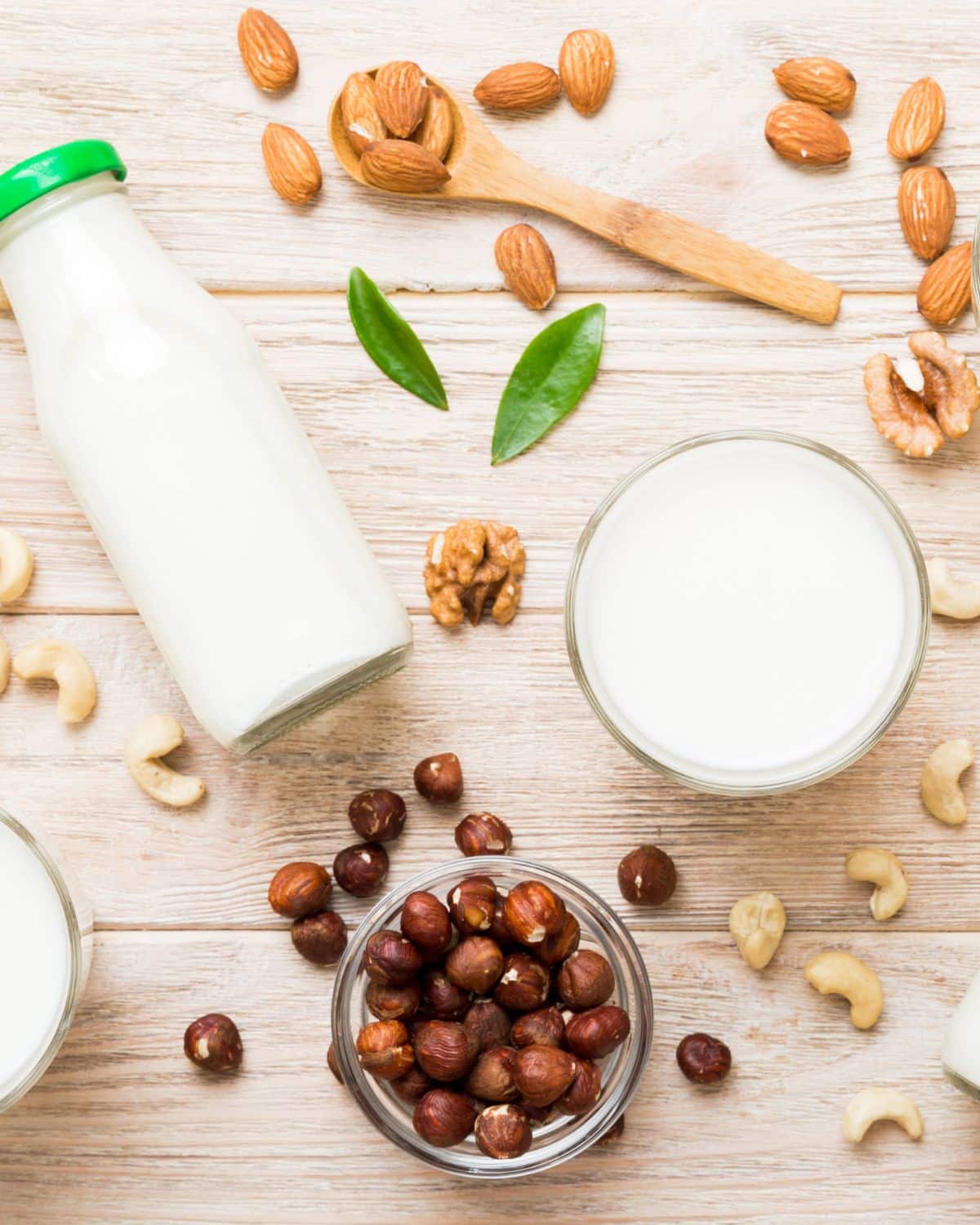

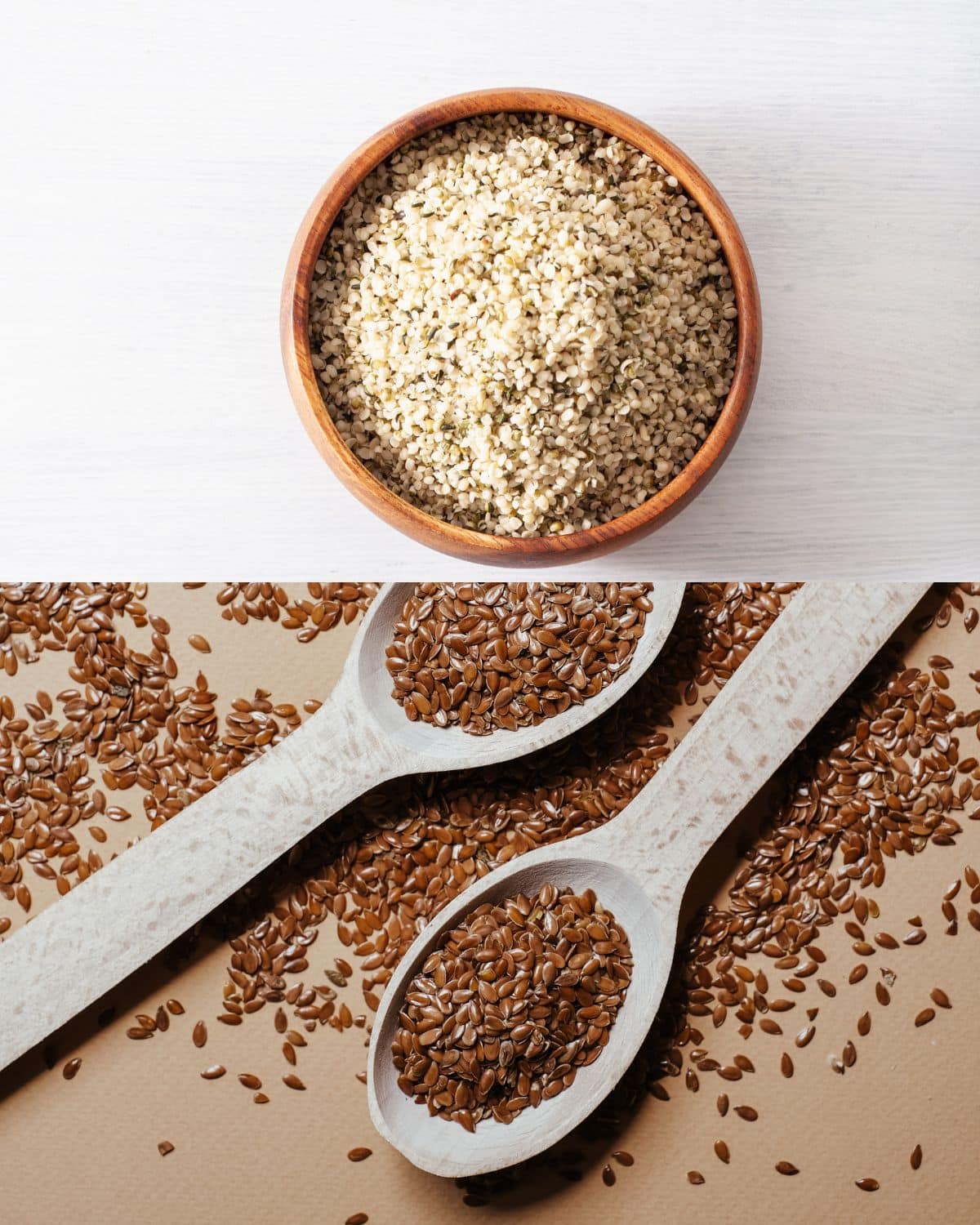

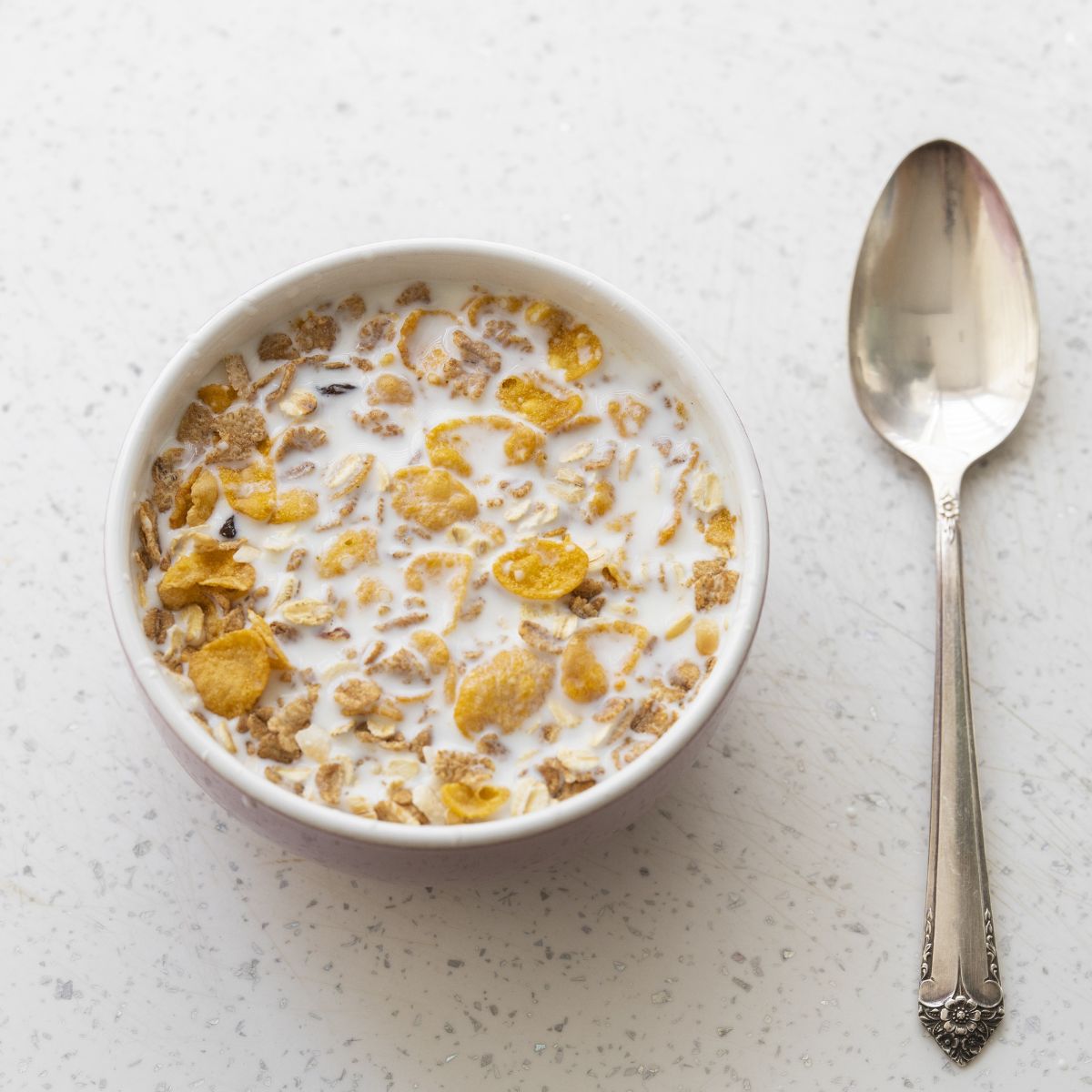

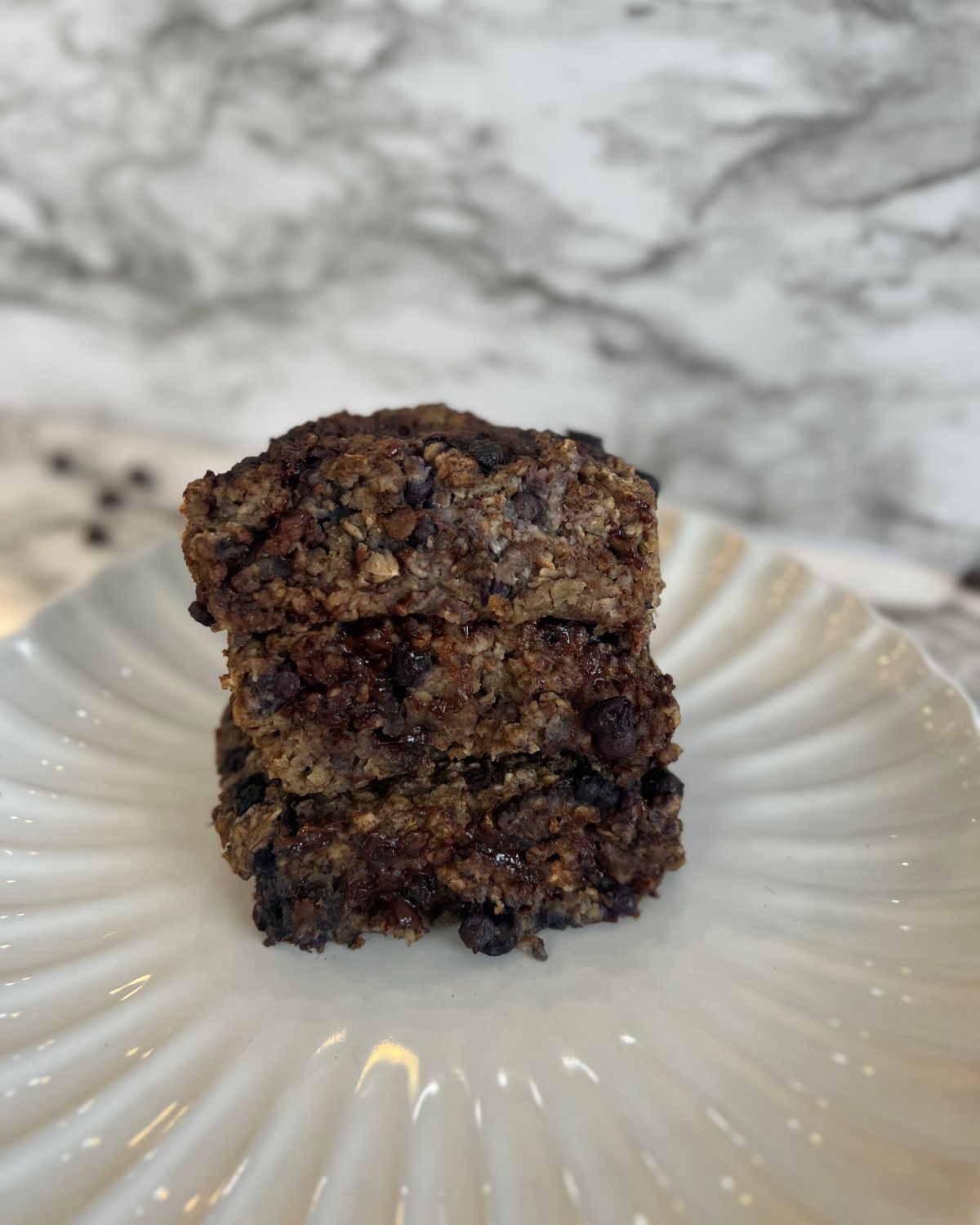




Comments
No Comments